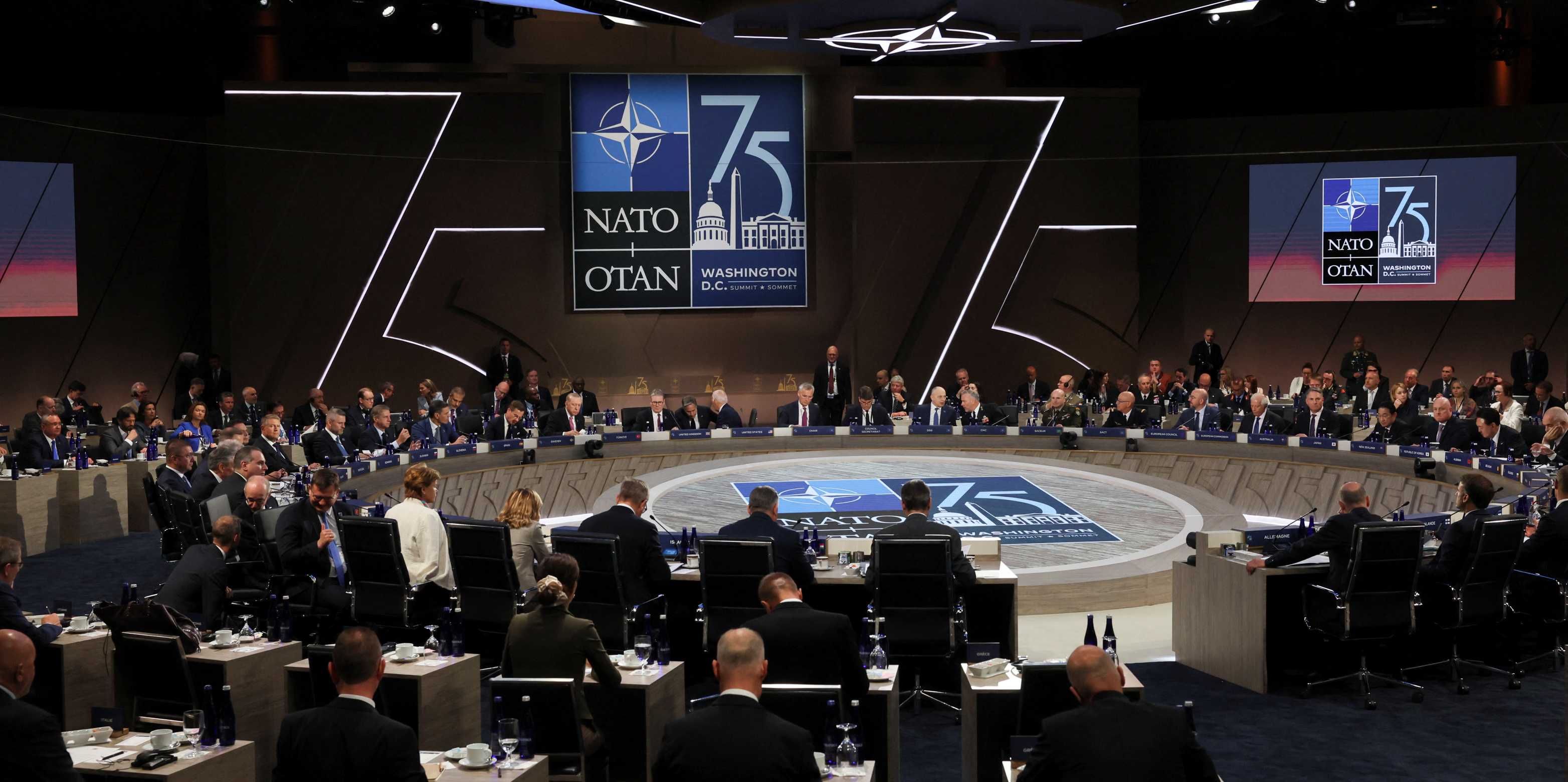
The EU’s embrace of its role as a “geopolitical actor,” and NATO’s renewed focus on deterrence and defense have had a significant impact on their respective approaches to partnerships.
The EU’s embrace of its role as a “geopolitical actor,” and NATO’s renewed focus on deterrence and defense have had a significant impact on their respective approaches to partnerships. Both emphasize their partnerships are tailored, non-legally binding, and mutually beneficial.
Switzerland is in the midst of drafting its new Security Policy Strategy. While both recent official documents and commissioned reports make the case for closer security cooperation with the EU and NATO, the issue remains domestically contentious. With domestic debates mirroring diverse assumptions as to what security and defense cooperation with the EU and NATO actually implies, this analysis focuses on the supply side, offering an overview of recent changes in the EU’s and NATO’s approach to partnerships. It highlights the structural and institutional realities that any partner must understand. Both organizations have adapted their security and defense partnerships, reflecting a strategic reassessment that began before Russia’s full-scale invasion of Ukraine on 24 February 2022. Their internal reflections culminated in the release of key strategic pronouncements in 2022 – the EU Strategic Compass and the NATO Strategic Concept.